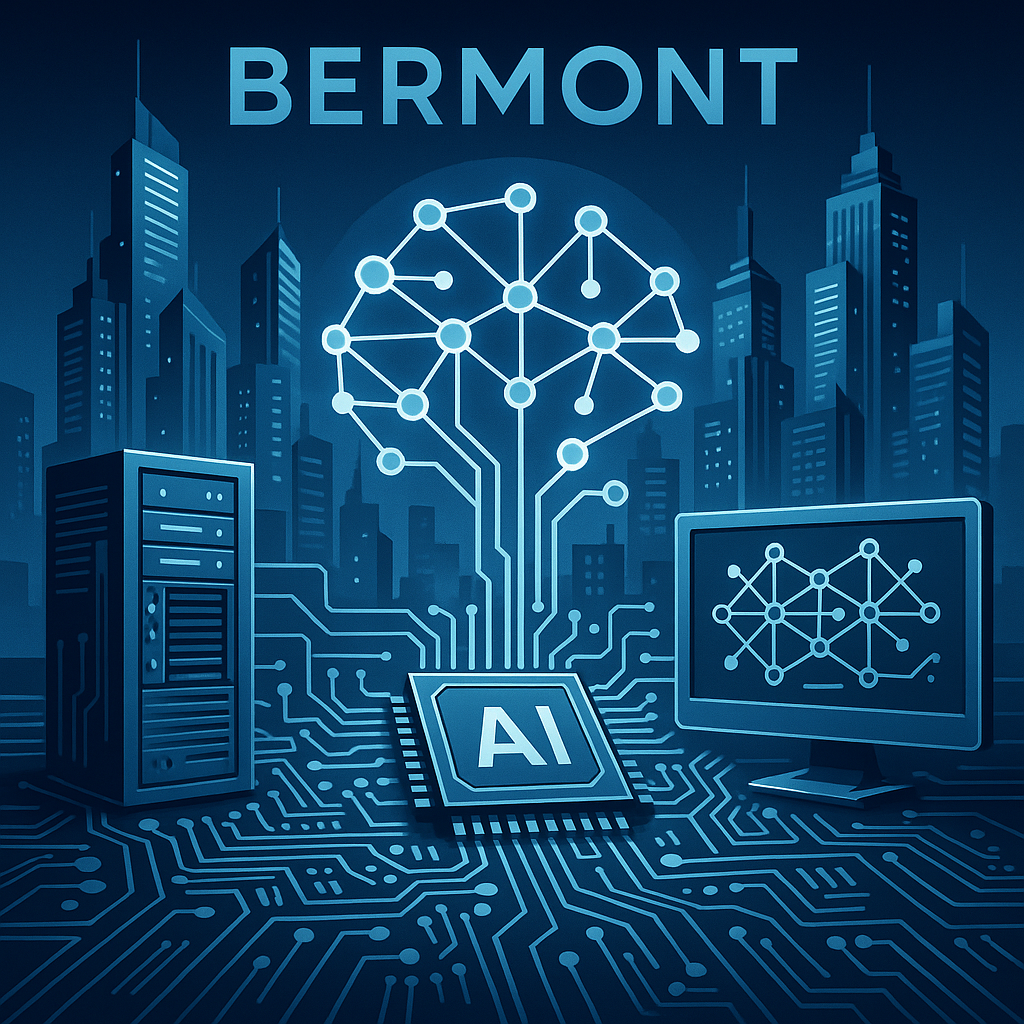Unlocking Innovation with Tailored AI Implementation in Enterprises
Introduction: The AI Imperative in Modern Enterprises
Artificial intelligence solutions have transitioned from futuristic concepts to integral components of enterprise strategy by 2025. Yet, the key to substantial, sustainable AI-driven innovation lies in implementation that is tailored to the unique needs and contexts of each organization. Without customization, AI often fails to deliver scalable value beyond pilot phases. Tailored AI implementation enables organizations to unlock the full potential of artificial intelligence while maintaining flexibility and scalability.
Understanding Tailored AI Implementation
Tailored AI implementation refers to the deliberate customization and alignment of AI technologies to specific enterprise goals, workflows, cultures, and data ecosystems. It deviates from a one-size-fits-all approach, focusing instead on crafting AI architectures, models, and integrations optimized for particular business contexts. This bespoke nature ensures not only better technical integration but also enhanced user adoption and operational impact.
Key Elements of Tailored AI Implementation
- Contextual Needs Assessment: Analyzing industry-specific challenges and organizational priorities to identify AI use cases with real value.
- Data Ecosystem Customization: Designing data pipelines and AI models that suit the quality, volume, and types of data particular to the enterprise.
- Integration Architecture: Building AI systems that seamlessly interact with existing technology stacks including ERP, CRM, and legacy applications.
- User-Centric Design: Creating AI interfaces and workflows aligned with user roles and behaviors to maximize adoption and minimize disruption.
- Scalability Planning: Architecting solutions with modularity and flexibility to grow with evolving business demands.
Driving Scalable Artificial Intelligence Solutions
Scalability remains a decisive factor in successful enterprise AI. Scalable artificial intelligence solutions are those capable of expanding their functionality and performance across broader business units, geographies, or data volumes without degradation in value.
Why Scalability Matters
Many enterprises stumble in scaling AI beyond pilot programs due to insufficiently tailored implementations. When models and systems are not built to accommodate increasing complexity or volume, performance bottlenecks emerge, adoption flounders, and budgets balloon.
Strategies for Building Scalable AI Solutions
- Modular AI Components: Designing AI functionalities as modular services enables incremental scaling and easier maintenance.
- Cloud-Native Architectures: Leveraging cloud infrastructures for computational elasticity supports fluctuating workloads and rapid scaling.
- Continuous Learning and Updating: Implementing adaptive AI models that evolve with new data keeps intelligence relevant and accurate.
- Robust Monitoring and Governance: Establishing oversight mechanisms to track AI performance and ethics at scale safeguards trust and reliability.
Real-World Illustrations of Tailored AI Implementation
Example 1: Personalized Risk Management in Financial Services
A leading financial institution in 2025 adopted a tailored AI framework to enhance credit risk assessments. By integrating proprietary customer data with external market signals through custom AI models, the bank achieved finely tuned risk profiles. The solution’s modularity allowed easy expansion across loan portfolios and geographies, driving scalable risk insights that directly lowered default rates.
Example 2: Intelligent Asset Maintenance in Manufacturing
An advanced manufacturing firm implemented AI-powered predictive maintenance systems customized for their diverse machinery and operational schedules. Leveraging edge computing and real-time sensor data adaptation, the AI solution scaled from single-factory pilots to multiple plants internationally. This tailored approach led to reduced downtime and optimized maintenance workflows.
Challenges and Considerations
While tailored AI promises significant benefits, enterprises confront challenges such as:
- Data Complexity: Ensuring data quality and interoperability poses ongoing hurdles.
- Skills Gap: Specialized expertise is essential to design customized AI systems effectively.
- Cost and Resource Allocation: Tailoring AI requires investment in strategy, development, and change management.
- Ethical and Compliance Risks: Custom implementations must align with evolving AI governance frameworks.
The Future Outlook: Innovation Fueled by Tailored AI
Looking ahead, enterprises embracing tailored AI implementation position themselves as leaders in innovation. Scalable AI solutions will increasingly enable organizations to pivot swiftly in volatile markets, personalize customer experiences at scale, and automate complex workflows with precision. The fusion of domain knowledge with AI expertise will drive new business models and unlock untapped value.
Conclusion
Artificial intelligence solutions are no longer an experiment but a strategic imperative for modern enterprises seeking innovation. However, the pathway to impactful, scalable AI runs through tailored implementation—where technology aligns with unique organizational contexts and ambitions. By investing in bespoke AI strategies, enterprises in 2025 and beyond can unlock scalable innovation that transforms how they compete, create, and grow.





